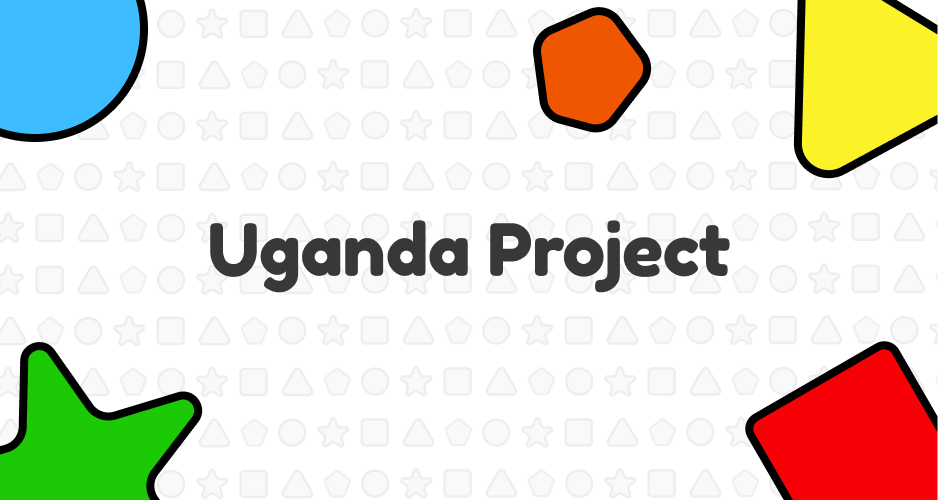Research Project
Janet C Read, Gavin Sim

The aims of this project were to bring together the methods and techniques developed by the ChiCI Group into a single project. More specific:
Approximately 50 children from the UK produced design ideas for a serious game relating to water-borne diseases and the importance of handwashing. These ideas were analysed and incorporated into an Android App for children to interact with. This technology was, in 2012, taken to Uganda where a series of evaluations were conducted with children aged between 11 and 16 years. Two evaluation methods were used: The first, the Fun Toolkit – developed by the ChiCI group; and the second, the This and That method – developed by the University of Leuven in Belgium. Over 1000 children across Europe have participated in the research that culminated in the Uganda Project. Through the inclusion of children in participatory design, they are being empowered to design technology and software, understanding how their ideas have been interpreted and used in new products.
In Uganda, this project enabled children in rural locations to be exposed to technology for the first time. It also enabled members of the ChiCI group to understand the challenges of designing technological solutions for this population. In addition, the result from the evaluation enables children to better understand the cultural, social and technological differences between western and developing countries. Through the evaluation methods, children are able to understand how their ideas either worked or failed, thus enabling them to objectively critique and subsequently improve their ideas. The children exposed to this new philosophy will be able to appreciate the development life cycle, understand aspects that work well in technological solutions and be able to contribute more effectively to future design ideas.
English Martyrs Catholic Primary School, Sizer Street, Preston, PR1 7DR, UK
Bunabumali Good Samaritan Orphan & Needy Project, Buwali ,Bubiita ,Manjiya Bududa , P O Box 36021, Kampala, Uganda
Sarah’s Ohmnigate orphanage, Manjiya Bududa, P. O. BOX 2609, Mbale, Uganda
Under Review: Sim, G., Read, J.C., & Gregory, P. (2014). From England to Uganda: Children Designing and Evaluating Serious Games, International Journal of Human Computer Interaction
Read, J.C, Gregory, P., Sim, G. & Horton, M. (2013) Working ethically in participatory research with children. Ethicomp, Denmark.
Read, J.C., Sim, G., Gregory, P., Xu, D. & Ode, J.P. (2013) Children Designing Serious Games. Journal of Game-Based Learning.
Read, J.C., Gregory, A.J. & Sim, G. (2012). Explaining Design to children – What if I sold your idea for £50,000. Participatory Design Workshop: Working with Human Values in Design. Roskilde, Denmark.
Read, J. C., Horton, M., Sim, G., Gregory, P., Fitton, D., & Cassidy, B. (2013). CHECk: a tool to inform and encourage ethical practice in participatory design with children. In CHI’13 Extended Abstracts on Human Factors in Computing Systems (pp. 187-192). ACM.